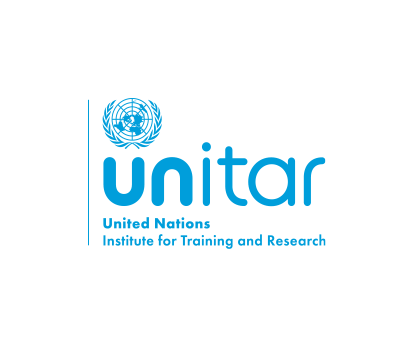
CIFAL Malaga - Slow Tourism Course
The course is based on the promotion and enhancement of the concept of slow tourism, an alternative tourism choice in contrast to mass tourism. The main objective of slow tourism is to develop the tourist’s greater personal awareness by enhancing sustainability. The three main characteristics of slow tourism are reducing mobility, taking time to explore local history and culture and supporting the environment.
Develop sustainable tourism activities: Design a range of tourism activities that align with sustainable practices, including ecotourism, cultural tourism, agrotourism, and community-based tourism. These activities should provide authentic experiences while preserving the region's heritage and environment. Support slow-moving tourism: Encourage visitors to engage in slow-moving tourism by promoting activities that emphasize relaxation, immersion in nature, cultural exchanges, and interactions with local communities. This approach will contribute to the well-being of visitors and locals alike. Inspire tourism identity: Establish a unique tourism identity for the Cilento area, positioning it as a desirable destination for sustainable tourism. This identity will be based on the region's rich cultural heritage, natural landscapes, gastronomy, and the Cammino de San Nilo pilgrimage. Partnership with CIFAL Malaga: Collaborate with CIFAL Malaga, a renowned organization specializing in sustainable tourism training and mentoring. CIFAL Malaga will provide the necessary expertise and support to train local stakeholders, enhance their skills, and guide the implementation of sustainable tourism practices.
1. Introduction 1.1. Definition of Sustainable Tourism 1.2. Definition of Slow Tourism 1.3. Importance of Sustainable Tourism and Slow Tourism in the present day 2. Fundamentals of Sustainable Tourism 2.1. Principles of Sustainable Tourism 2.2. Environmental, socio-cultural and economic Impacts of Tourism 2.3. Strategies to Minimise Negative Impacts 3. Fundamentals of Slow Tourism 3.1. Philosophy of Slow Tourism 3.2. Benefits of Slow Tourism for the Traveller and Local Communities 3.3. How to Integrate Slow Tourism into Sustainable Tourism 4. Developing Sustainable Tourism Products 4.1. Designing Sustainable Tourism Experiences 4.2. Innovation in Tourism Products 4.3. Use of Local and Sustainable Resources, Collaboration with Local Communities 5. Sustainable Tourism Management and Planning 5.1. Strategic Planning of Sustainable Tourism 5.2. Sustainable Tourism Destination Management 5.3. Certifications and Sustainability Standards 6. Sustainable Tourism Marketing and Slow Tourism 6.1. Green Marketing Strategies 6.2. Communicating Sustainable Practices 6.3. Segmentation and Promotion of Slow Tourism 6.4. Successful Cases of Sustainable Marketing 7. Education and Awareness Raising in Sustainable Tourism 7.1. Training Programmes for Tourism Professionals 7.2. Awareness Raising for Tourists Community Involvement in Sustainable Tourism 7.4. 7.4. Use of Technology and Digital Media in Education 8. Policy and Legislation
Training modules (asynchronous, self-paced learning). 50 hours Manual (Spanish and Italian, English) Extra material (to go deeper into each of the modules) 2 Webinars (synchronous connections with the expert to solve doubts and consolidate concepts): Nov and Jan.
Professionals from any discipline based in Cilento o Málaga who are interested in the development of slow tourism

